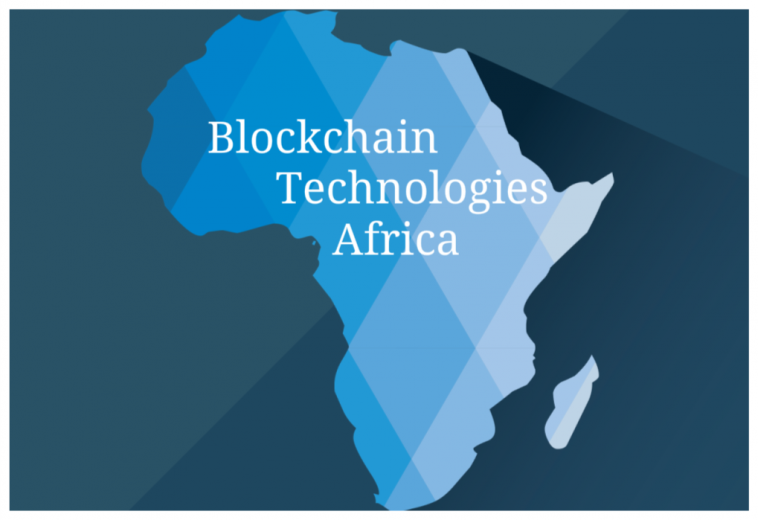Many countries in Africa have been embracing the global technological revolution that is currently taking place. This has been shown by mobile internet deployment in Tanzania and Uganda. However, lack of existing regulations and infrastructures has served as a stumbling block to new technologies to replace the traditional ways and for policies to be implemented to suit the new products. That leads to unfavorable economic environment giving a chance to countries with better infrastructures and policies like Kenya to do well when it comes to attracting technology investors.
The Blockchain is seen as the future technology to maximize the testing and learning approach as it knows how to manage B2B transactions, data, and financial assets without the involvement of international diaries. The firm can maneuver through some issues that can come up when carried out businesses hence giving it the best platform to improve reliability, accessing data and improving the quality of their services. Although there will be a mixed reception on Blockchain from different countries the following report is meant to give hopes to those who doubt it.
Land
Currently, land tenure in many countries lack security and clarity, and this makes tittle deed ownership less important as lenders are typically unwilling to use land as security. This gives entrepreneurs poor grounds for developing since land is seen as Africa’s important asset. The unclear land rights also make it difficult for international investors as the security of tenure is critical to ensuring a project’s success. Most countries have taken steps to solve the mess, however; most records remain paper-based.
The company is capable of solving the land issue and is currently being tried in Ghana where the government is working in partnership with Bitland; a startup which allows land to be surveyed and title deeds to be recorded on the Bitland Blockchain – creating a permanent and auditable land record.
Currency
It reaches a point where African currency lacks stability because of overreliance on the Western Countries commodity markets. The reason is that the US Dollar is often used as a trusted currency, especially by businesses. This presents its issues as foreign currency reserves are often less. An example includes when banks in Zimbabwe cap daily cash withdrawals at $20.
By using cryptocurrencies, businesses can benefit from a stable store of value and fight against inflation by avoiding reserve issues. BitPesa is now facilitating the use of cryptocurrency by hosting B2B payments and offering a real-time settlement at wholesale FX rates to the frontier and upcoming markets via mobile money networks.
Commerce involvement
The supply chain that is functional is important to the development and are of particular importance to many of the continents land-locked states such as Uganda which depends on imports by road from the Kenyan port of Mombasa. Although in operation, many supply chains perform with limits which increases the cost and decreases the efficiency of carrying out business. Blockchain can help by doing away with port dependents some mechanisms such as resource management and performance-based procedures. Currently, commerce management operates in silo-like structures with minimal information sharing, leaving resources unused or not utilized to the maximum.
Bureaucracy
Because of automatic execution, Blockchain contracts can offer greater transparency over contract basis hence acting as a trust mechanism for contractual relationships and mitigating a business risk. Also, smart contracts can have the capacity to track every dollar spent. This will be of particular benefit to lending institutions and will ultimately allow entities which are more risk averse to invest in the African market. BitFury (an American based company) is currently assisting with this process through its involvement with African Bitcoin payment providers such as BitPesa, mentioned above.
 We just launched our WhatsApp channel. Want to get the latest news from the Tech in Africa?
We just launched our WhatsApp channel. Want to get the latest news from the Tech in Africa?


